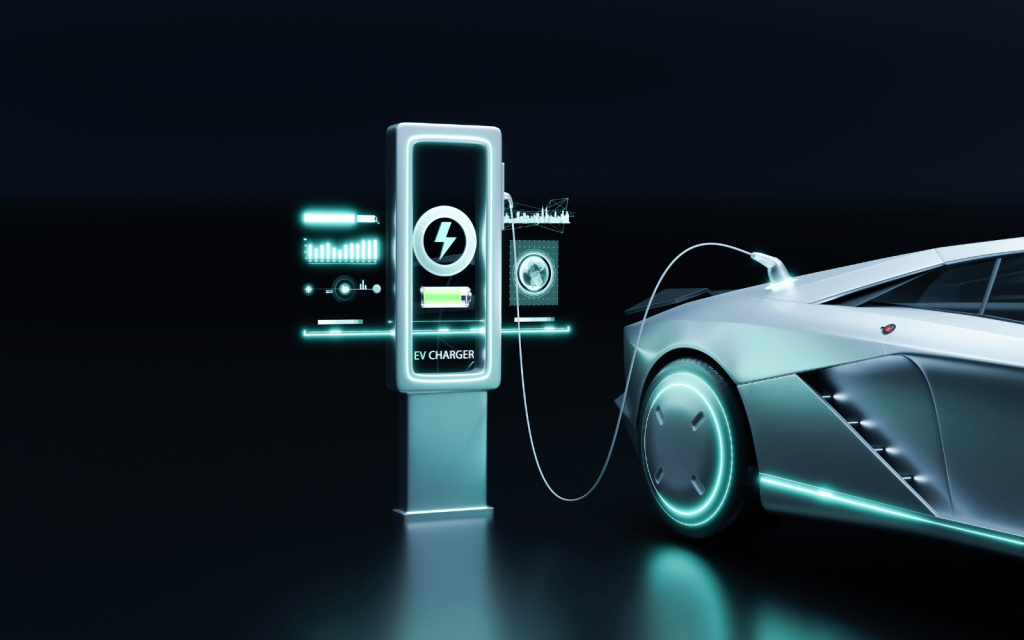Volkswagen has been actively working towards improving the efficiency and affordability of EVs, and lucky for us, their efforts are yielding promising results.
In a recent announcement, the German carmaker shared that its battery start-up, in collaboration with US partner QuantumScape, has achieved impressive outcomes with solid-state cells designed for electric vehicles. The innovation uses tech similar to the solid-state hard drives in your PC.
According to the carmaker, the solid-state prototype from QuantumScape has not only met but exceeded industry targets in recent tests.
VW’s EV upgrade
During extensive tests conducted by VW’s battery unit PowerCo over several months, the solid-state cell exhibited a 5% storage capacity loss after undergoing over a thousand charging cycles.
To put that in perspective – this is equivalent to covering 500,000 kilometres on the road. Industry benchmarks for this development phase typically include 700 charging cycles and a maximum loss of 20% capacity.
“These are very encouraging results. The final result of this development could be a battery cell that enables long ranges, can be charged super quickly, and practically does not age,” says PowerCo’s head, Frank Blome, in an interview with Bloomberg.
The solid-state batteries explored by QuantumScape and Volkswagen aim to replace the liquid electrolyte and separator, which are pretty… flammable. Think the Samsung Galaxy S7 fiasco but in something as big as a car.
Here, the technology makes use of a solid separator made of ceramic, glass, or polymers. If successfully implemented on a large scale, this advancement could potentially make these batteries safer, smaller, and faster-charging.
Mobile solid-state
Volkswagen isn’t the only carmaker exploring solid-state tech for its vehicles. In September, Toyota unveiled its venture into solid-state tech for its EVs. It’s interesting because the carmaker is well known for its hybrid vehicles (like the Toyota Corolla Cross Hybrid) and even its hydrogen vehicles.
Solid-state batteries represent a departure from the norm, and will (hopefully) replace the liquid electrolyte battery with a solid material.
This type of battery dates back to Michael Faraday’s discoveries in the 1800s and has seen applications in small devices like pacemakers and RFID tags. The potential advantages include the ability to withstand extreme temperatures, quicker charging due to high heat resistance, and higher energy densities, allowing for more power storage in the same weight.
Other automakers including Hyundai, Kia, and Honda are also exploring solid-state batteries, albeit with significantly fewer patents than Toyota. The potential applications extend beyond cars to e-bikes, commercial vehicles, and even home energy storage systems if manufacturing challenges and costs are overcome.
Toyota will commercialise and mass-produce solid-state batteries using sulfide electrolytes by 2027. Vehicles fitted with them will feature a range exceeding 1,200km and achieve a 10 – 80% charge in under 10 minutes. This ambitious goal surpasses current benchmarks set by the Tesla Model Y.




